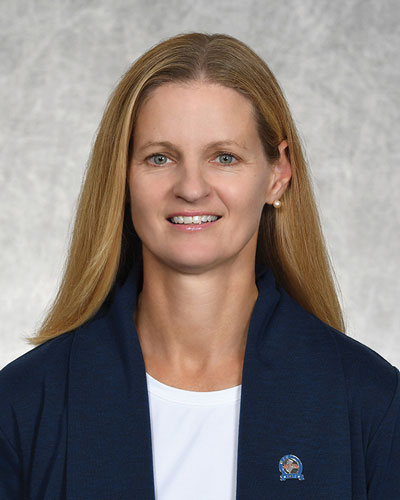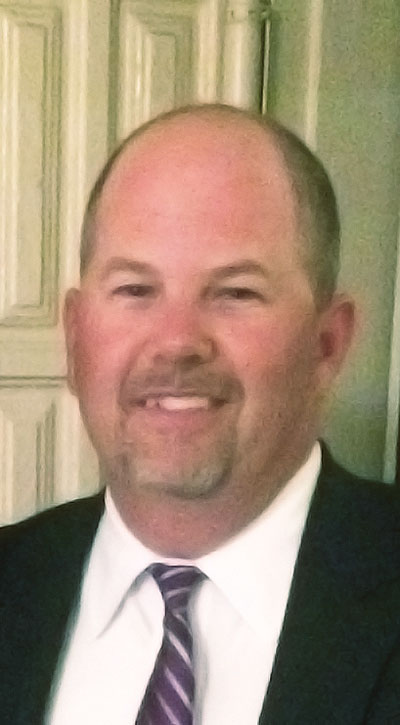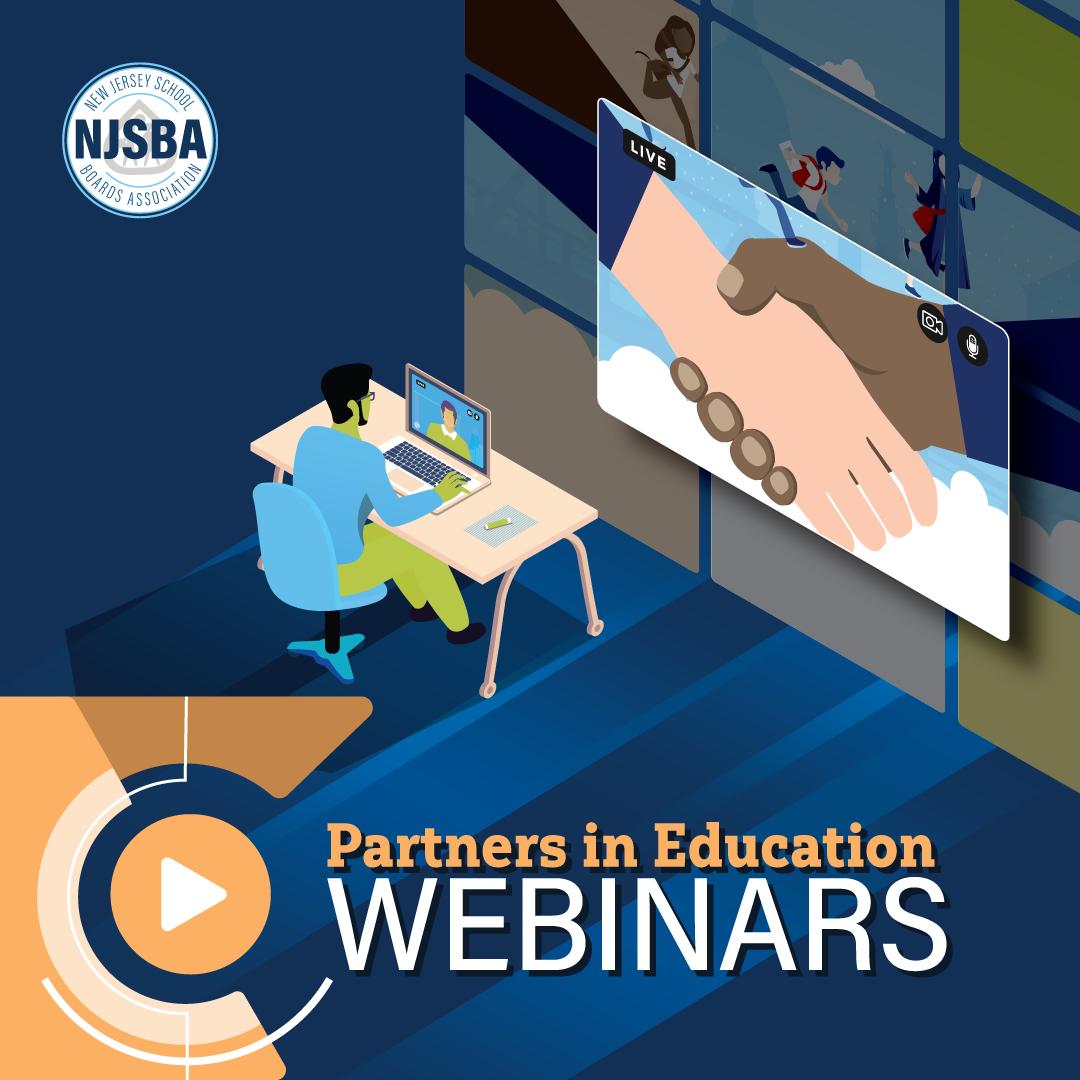When the 2025-2026 school year comes around, every school that belongs to the New Jersey State Interscholastic Athletic Association will have adopted a spectator code of conduct to help combat increasingly rowdy behavior from fans.
The NJSIAA, a voluntary, nonprofit organization comprised of approximately 440 accredited public and non-public high schools, belongs to the National Federation of State High School Associations and conducts tournaments and crowns champions in 33 sports.

Colleen Maguire, executive director of the NJSIAA, noted that the organization has been a fixture in New Jesey schools for more than 100 years, having formed in 1918.
“I’ve been with the association for about 10 years, and I have heard a lot of anecdotal feedback from people about bad behavior from spectators, but it has gotten worse – absolutely,” she said, noting that it was a year or two before the COVID-19 pandemic when she recalls it becoming more of a concern.
She recalled some high school football games where fights broke out – one game was even stopped early after police sent everyone home. “And as we came out of COVID, I feel like my colleagues across the country would agree that bad spectator behavior has escalated,” she said. “The emotions are higher, and the behavior is more unhinged.”
The bad behavior is directed at the opposing team, officials, fans of the opponent and even players, Maguire said. “And the increasing use of social media inflames more emotion and more reaction,” she said.
In December 2023, the NJSIAA’s Executive Committee heard a proposal from two athletic directors who said they needed some support. They made the case that while schools were doing their best to deal with unruly spectators, it would help if the NJSIAA amended its policies and procedures to “add some teeth” to local efforts to respond to and address unruly behavior, Maguire said.
Their message was well received by the Executive Committee, which consists of 51 members, including five from the New Jersey School Boards Association (four at-large members and one ex-officio), who are appointed by the NJSBA’s executive director and CEO. Executive Committee members come from a cross section of stakeholders from throughout the state, with representatives from every county and four representatives from nonpublic schools, Maguire said. The Executive Committee also includes eight more “at-large” members in addition to the ones appointed by the NJSBA.
The five members representing the NJSBA are:
- Barry Fitzgerald, the Association’s vice president for county activities, vice president of the Burlington County School Boards Association and a board member of the Lenape Regional High School District.
- Howard Krieger, a board member with the Upper Freehold Regional School District.
- Barry Walker, president of the Bridgewater-Raritan Regional Board of Education and a member of the NJSBA’s board of directors.
- Steve Shohfi, a board member with the Point Pleasant Beach School District.
- Tammy Wagner, president of the Stafford Township Board of Education.
“The Executive Committee is a really good sounding board that provides feedback on how to best meet the needs of everyone,” Maguire said.

Chris Brown, athletic director at Park Ridge School District, was the one who introduced the proposal to the NJSIAA’s Executive Committee along with Joe Ricciardelli, director of athletics/supervisor of physical education and health at New Milford High School.
“It was a joint proposal between the North Jersey Interscholastic Conference and the Big North Conference,” Brown said. “These two conferences combine to include close to 80 schools in North Jersey.”
“The proposal was moved forward as the spectator behavior at youth/high school sports has gotten out of control,” Brown said, noting that the state of affairs has made it hard to recruit officials for games “because the abuse they incur at games just isn’t worth it.”
He added, “Officials, players and coaches should be able to go to a game and enjoy all that goes with that … Nobody should be subjected to some of the behaviors that take place at sporting events.”
As to why this is happening, Brown thinks that people are forgetting that they are at a high school event and not a professional sporting arena. “These are 14- to 18-year-olds who want to go out and play a sport and represent their school in the process,” he said. “Sometimes, spectators forget this and model what they see at the college and professional level. This just isn’t acceptable and will not be tolerated.”

Barry Walker, president of the Bridgewater-Raritan Regional Board of Education and a member of the NJSBA’s board of directors, is one of NJSBA’s Executive Committee members. He’s no stranger to intense sporting matches, as his daughter, who is now in college, played soccer in high school.
As the NJSIAA went about devising and adopting its spectator code of conduct, it engaged in “an informal collaborative process” with the NJSBA, he said. Everyone agreed that the goals that the NJSIAA sought to achieve through such a policy were commendable, he said.
“The biggest thing is spectators can be unruly on the sidelines,” he said. “Some of them feel as though they can say and get away with anything – and there is no accountability. There are all kinds of things happening – to swearing at referees to calling people derogatory names to racial slurs … youth sports have gotten a little out of control.”
Over the next few months, the NJSIAA engaged in dialogue and held meetings before approving a final proposal in May. A second reading of the proposal was held in June, at which point it was formally adopted. “Now, every member school must adopt a spectator code of conduct,” Maguire said.
Many schools already have a spectator code of conduct with penalties in place, and they can keep those as long as they meet the minimum penalties outlined in the NJSIAA’s code, Maguire said. “We don’t want any schools having to change what they have in place, as long as it meets our minimum disciplinary actions,” she said.
The Details According to the policy, school administration shall “establish broad and specific policies and procedures relating to sportsmanship” and they must “identify responsibilities of administrators, coaches and students to ensure their observance.”
After adopting such a policy, schools must provide it to parents and/or guardians of participating student athletes, and require them to sign off on it, indicating their understanding of the policy during the school’s sports registration process.
As per the NJSIAA policy, “The policy must include expectations of appropriate behavior at interscholastic events and the disciplinary actions that will be taken when the policy is violated. The disciplinary actions must include, at minimum, a suspension from attending future interscholastic event(s) and require an educational component. The policy must include increased disciplinary actions for multiple violations in a defined period of time.”
The policy adds that the code of conduct itself should be posted at all venues hosting interscholastic competition to the extent reasonably possible and that failure to enforce the policy may result in discipline by the NJSIAA. A school that does not enforce its policy may be prohibited from hosting an NJSIAA state tournament event.
The NJSIAA policy provides various examples of unsportsmanlike conduct from spectators, including physical abuse of a coach, official, player or another spectator; intentionally inciting participants or spectators to become violent or abusive; using obscene gestures or language directed toward others, and using verbal or harassing conduct related to race, gender, ethnicity, disability, sexual orientation or religion.
It isn’t just the parents or guardians of players that the policy should cover, as the NJSIAA makes clear. Spectators include school staff, school security and others watching a game.
Anyone who violates the code of conduct should be immediately removed and suspended from the next home interscholastic event for a first event, according to the NJSIAA policy. Multiple violations should result in longer suspensions.
Violators who commit multiple offenses should complete an educational component before attending a future interscholastic event. As per the NJSIAA policy, it recommends the enrollment in the “Positive Parenting within School Programs” course, which can be accessed at the National Federation of State High School Associations’ website at www.nfhslearn.com and conducting a search.
Site managers would still have some leeway to give fans a warning, Maguire said. But if it’s something “really egregious,” the fan should be removed immediately, she said. “We trust the athletic directors and administrators who know how to handle tempers,” she said. “But when you have to pause a game and someone has to talk to a parent, and your kid is out there … it’s embarrassing to many kids who have loved ones in the crowd who have lost sight of why they are there.”
It’s typically up to a school district to decide when it needs to call the police as the result of someone’s bad behavior, Walker added. “We don’t want to ruin someone’s life over one little mistake,” he said. “But we also want to protect our student athletes and all in attendance.”
Member schools will be required to confirm that they have adopted and communicated a spectator code of conduct policy that is in according with the NJSIAA policy with its annual membership certification, Maguire said.
As to how school districts go about adopting the policy, the NJSIAA is leaving the logistics of that up to its member schools, Maguire said. “We have to rely on the integrity of our schools – and the burden is on them to adhere to our requirements,” she said.
But every year, a member’s school board must approve membership in the NJSIAA, so it is signaling that it will abide and adopt all NJSIAA rules, Maguire said. The annual membership certification “covers everything,” she said.
Technically, the chief school administrator could “unilaterally” adopt the NJSIAA’s spectator code of conduct, but most will no doubt get their board of education involved, Walker said. “You want buy in, so if the superintendent does it unilaterally and you don’t have buy-in from the board, it won’t be as successful,” he said.
Brown said he’s extremely appreciative that the NJSIAA took the proposal and pushed it forward quickly. “They were incredibly receptive to the proposal and tweaked it to make sure it would stand up throughout the state,” he said.
With a consistent policy across the state, spectators will learn quickly that poor behavior will not be tolerated and there will be consequences, Brown said. “Hopefully, spectators will realize that their job is to come out to an event and support their team as well as respect the officials and opponents,” he said. “This will make for a much better environment for high school sports … going to a high school event is a privilege, not a right.”
Everyone must condemn bad spectator behavior and focus on providing a positive experience for student athletes, Maguire said. “The school board’s messaging is powerful and sets the tone of the school district,” she said.
Kimberly A. Gatti, director of policy at the NJSBA, said, “New Jersey schools are a place where values such as respect, fairness, and integrity should be upheld, both on and off the athletic field. Developing a policy to ensure that students, staff, and spectators adhere to expectations for conduct allows everyone to celebrate and support the hard work and dedication of our student athletes.”
She added that NJSBA’s policy office will be releasing a sample policy that boards can use to guide conversations on this important topic.
Thomas A. Parmalee is NJSBA’s manager of communications and publications.


